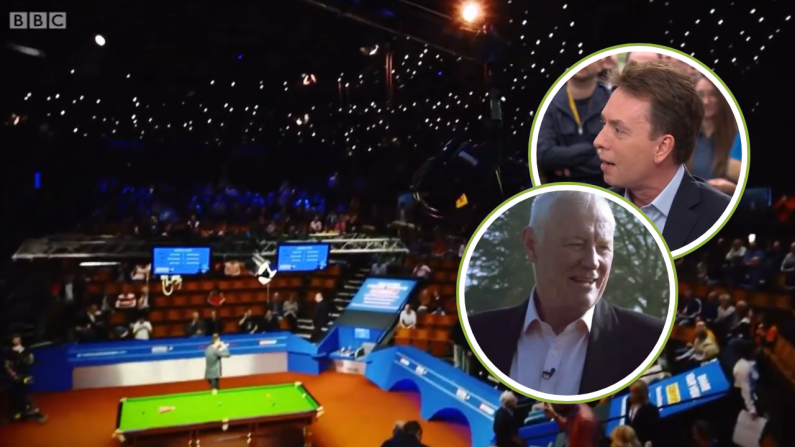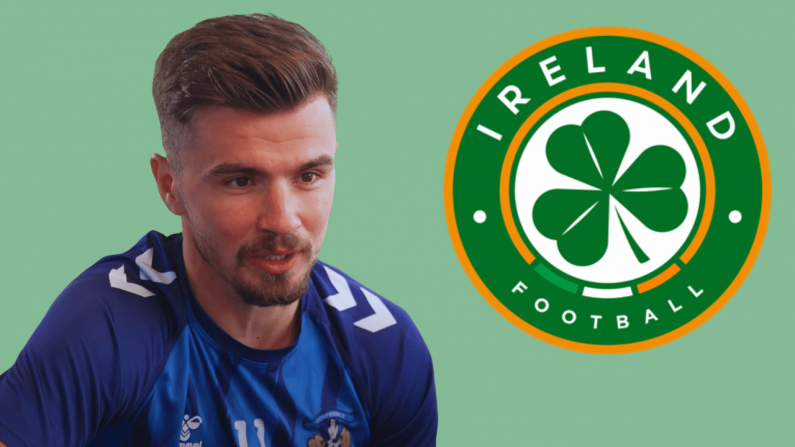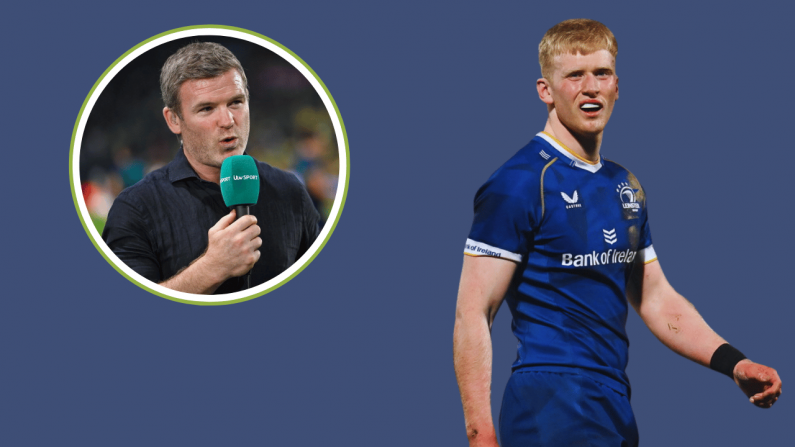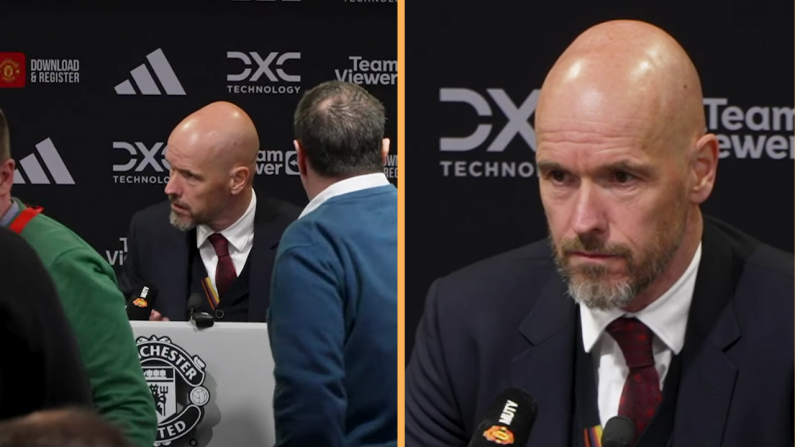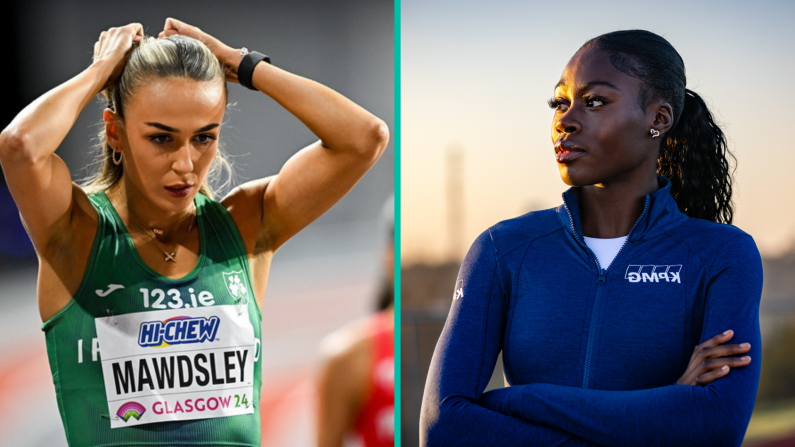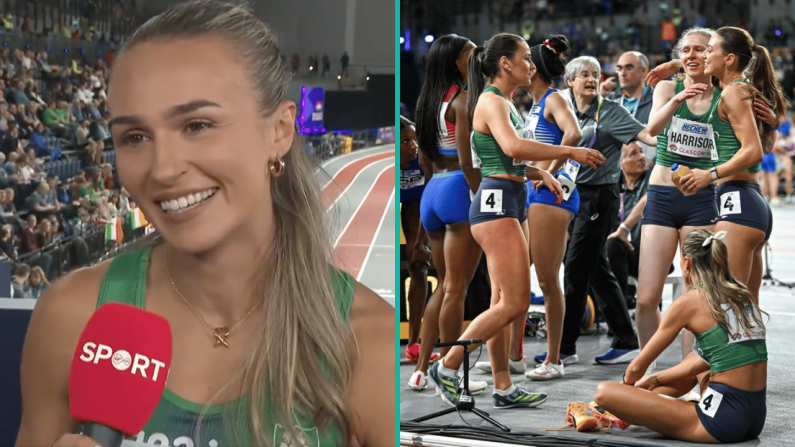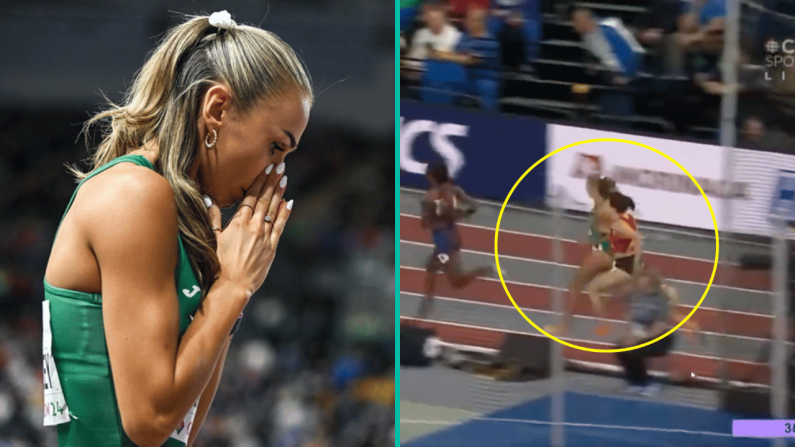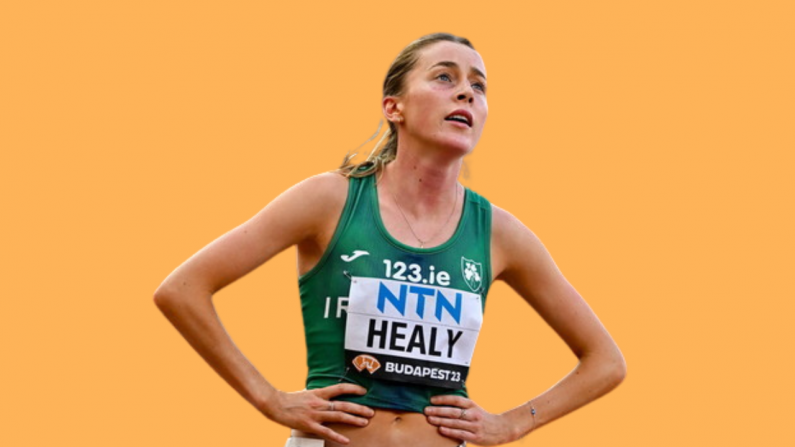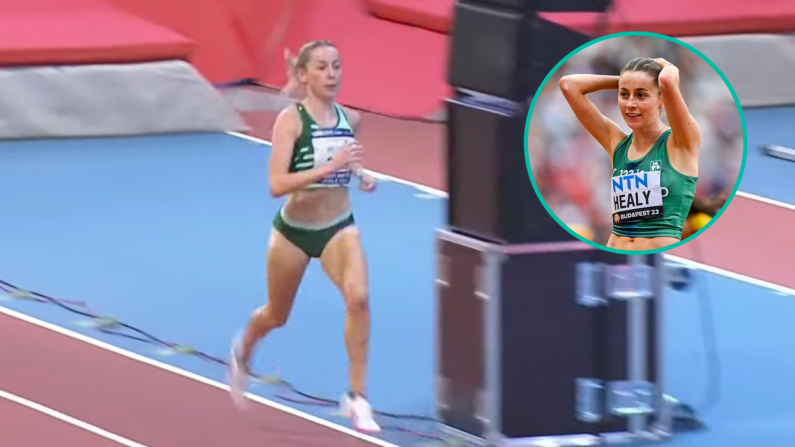During the course of RTÉ's 'Road to Rio' documentary series, Irish marathon runner Paul Pollock is filmed receiving the phone call that will inform him whether or not he has been selected to represent his country. A smile spreads on his face, the joy self-consciously suppressed but clear, and it is a rare and precious insight into a person realizing a dream. What a pity, then, that Pollock's happiness would be diluted in the furore that would surround his selection ahead of Moldovan-born Sergiu Ciobanu.
Ciobanu was outraged that he had not been selected, given that he had recorded a faster marathon time than Pollock during the qualification period (in the Berlin marathon in September Ciobanu finished in 2:15:14, 24 seconds ahead of Pollock). Ciobanu accused Athletics Ireland of failing to respect the selection process, even though the criteria for selection do not state that the fastest three will necessarily qualify. One could understand Ciobanu's frustrations, however, given that as late as March 2016, a mere two months before the closing of the window for Olympic qualification, Athletics Ireland High Performance Director Kevin Ankrom seemed to suggest that the fastest three runners would, more likely than not, travel to Brazil:
If there are more than three athletes that have achieved the marathon entry standard, the fastest times will be considered first, although other considerations may be used by the Selection Panel to narrow the selections down to the best three athletes...other factors that may be considered are the marathon course and/or the time of the year which an athlete achieved the entry standard.
Given that Ciobanu and Pollock both ran on the same course and the same day, the two "other factors" here are obsolete, making the fastest time, it would seem from Ankrom's remarks, the decisive factor. But four words within the selection criteria sealed Pollock's seat on the plane. The words "but not limited to" gave the selectors license to consider as wide a range of criteria as they wished, it would seem; this perhaps includes (the reasons were not given, much to the chagrin of the Ciobanu camp), Pollock's injury and consequent lack of training before Berlin and his excellent World Half-Marathon performance in March (coming thirty-six places and nearly four minutes ahead of Ciobanu).
What is unfortunate is that, while the questioning of selection processes and the encouragement of openness in such processes are both key elements of fairness, Pollock has, unfairly, had to deal with unwarranted attention simply due to being selected for the Games. Some of this criticism, he tells Balls, became quite personal:
Everyone reacts in their own way to disappointment and it is not for me to criticise. It is unfortunate, however, that a lot of the anger, or hatred going by some of the personal messages I have received, is directed towards myself.
And while Pollock admitted on his blog that the "happiness" of being selected "has largely evaporated with everything that has been going on", he explained to us that he intends to use the criticism in a positive manner.
The recent negativity has definitely given me an extra incentive to want to perform well...the greatest respect that I can pay to those athletes who missed out is by grabbing hold of this opportunity and performing to the best of my ability.
For decades, athletics as a sport has been blighted by drugs scandals, from the East German doping programme of the 70s and 80s to the scandal engulfing Russia and threatening their participation in the Games this year. For Pollock, the act of taking performance enhancing drugs runs against the very core of why he laces up his running shoes and steps up to the start line. In his view, current sanctions on cheats aren't strong enough. One wonders how he would have reacted were Mullingar's Martin Fagan, who qualified for the Rio Olympics after returning from a drugs ban but subsequently retired, to have made the team ahead of him.
There is no difference to injecting drugs into your arm than jumping on a bike halfway through the race. If you take drugs, I don’t see how you can look yourself in the mirror and be proud of what you have done or are doing...In terms of bans for athletes caught doping, I am of the opinion that they should never be allowed to compete internationally again. They should not be allowed to compete at a major championships or outside of their own country.
Watching the documentary, one cannot help but notice the quiet determination that Pollock holds, a steeliness that is necessary to compete in such a bruising sport at the highest level. And underneath the friendly, laid-back exterior lies a quiet confidence and hopefulness borne out of the hard work he has put in and the fact that in sport, nothing is a given.
Realistically, will I win the Olympic marathon? Probably not. But that is not to say that I don't believe it is possible. The marathon is such an unpredictable event (even more so in the Olympics) that literally anything can happen.
Regardless of the recent turmoil he has had to endure, when Paul Pollock stands on the start line in Rio the green vest of Ireland will rest easily on his shoulders, his conscience clear as he sets his eyes to the road ahead.


